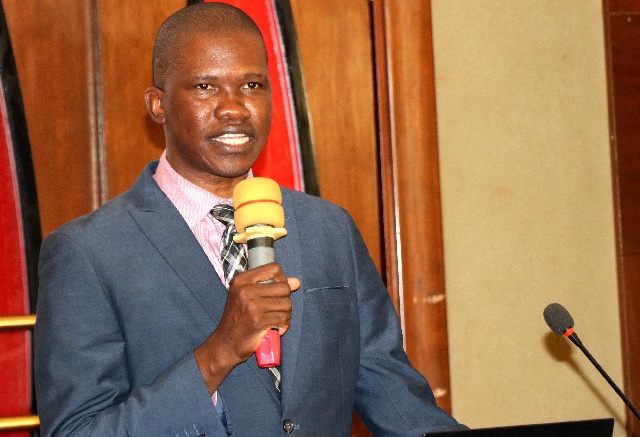
Kampala, Uganda | THE INDEPENDENT | Experts and think-tanks have warned the government against introducing policies aimed at mitigating the effects of rising commodity prices, but also blamed it for poor management that has allowed the current situation to escalate.
Until now, the government has rejected any suggestions that it introduces subsidies especially for fuel products or cut taxes on oil and the most affected non-oil commodities.
In his address to the nation, President Yoweri Kaguta Museveni said such measures were a recipe for economic collapse.
The Economic Policy Research Centre and the International Growth Centre have estimated that all the suggested measures would be costly to the government unless extra sources of revenues are got to facilitate them.
The EPRC in a study of the current situation concludes that introducing subsidies at this time would be catastrophic to the economy especially following the sharp increase in government borrowing over the last few years.
Giving the example of the fuel crisis in Kenya, EPRC Head of Research, Dr. Ibrahim Kasirye said subsidizing the commodity smoothly requires that the government has the money ready to give to the dealers.
The research centre also reasons that the most affected Ugandans are the lower income earners who now cannot afford most of the necessities due to the high prices. The most affected products on top of fuel items are cooking oil, laundry soap, wheat and sugar, as well as construction materials like cement and steel bars.
According to the study, fuel prices have gone up by almost 40 percent in a year, and that a proposed 200-shilling subsidy on the cost of a litre of fuel, would be offset by new increases in price within a month.
Dr. Kasirye says that if the government was to give subsidies and the prices to the consumers came down, the estimated 400-billion-shilling subsidy would instead benefit the richer people instead who would increase their consumption of goods like fuel.
EPRC also warns that introduction of subsidies would be going against the government’s economy liberalization policy. Dr. Kasirye however says any tax waivers or subsidies should be aimed at responding to the plight of the poor, by targeting the products that the poorer people consume, but that this should also be done mindful of the cost.
Speaking at a dialogue between government agencies, think-tanks and the private sector, Prof. Augustus Nuwagaba slammed the talk against policy reversal in relation to the liberalization policy. He says this is one of the reasons for example, that lending interest rates have remained high, with the government claiming it cannot intervene.
He however advised government not to panic in the wake of the current inflationary trend, though he blamed it for poor planning like the failure to development the agriculture sector.
According to him, this would have cushioned the majority of Ugandans who are poor, from such economic shocks.
The State Minister for Finance, Henry Musasizi in his response assured Ugandans that the current situation will not last long and that prices of some items, like global shipping costs have shown signs of falling. Musasizi is hopeful that the causes of the global inflation are starting to subside and that this shows there is no need for panic.
He also says that the rich are the ones who benefit from the subsidies, yet the poor also contribute through taxes.
The Bank of Uganda, which is charged with using policies to control inflation, says the bank is watching and that how deep the problem escalates will determine how it intervenes.
Deputy Governor Bank of Uganda Michael Atingi-Ego says the arguments by different Ugandan elites seem to show that Ugandans are forgetting how important it is for government to be cautious when releasing money into the economy.
*****
URN
 The Independent Uganda: You get the Truth we Pay the Price
The Independent Uganda: You get the Truth we Pay the Price




The government should implement a fixed price policy to minimise the rising commodity prices.
They’re cautious only when it doesn’t benefit them. I’m not shocked they can’t intervene. The money they waste doing supplementary budgets and buying vechicles which mps would ably afford themselves, would be funding those same subsidies for sometime. The energy and petroleum sector should also have created some fuel reserves to ease times like these. They say subsidies benefit the rich, but not providing them won’t help tje poor either. So thats a lame excuse.
Subsidies have there downside like probable increase in taxation or borrowing to fund them. We know. But we know the story. Taxes are misused or wasted… same applies to money borrowed. Even when global inflation eventually goes down… our prices here will stay up or keep increasing.
We have up on this government like it gave up on us.